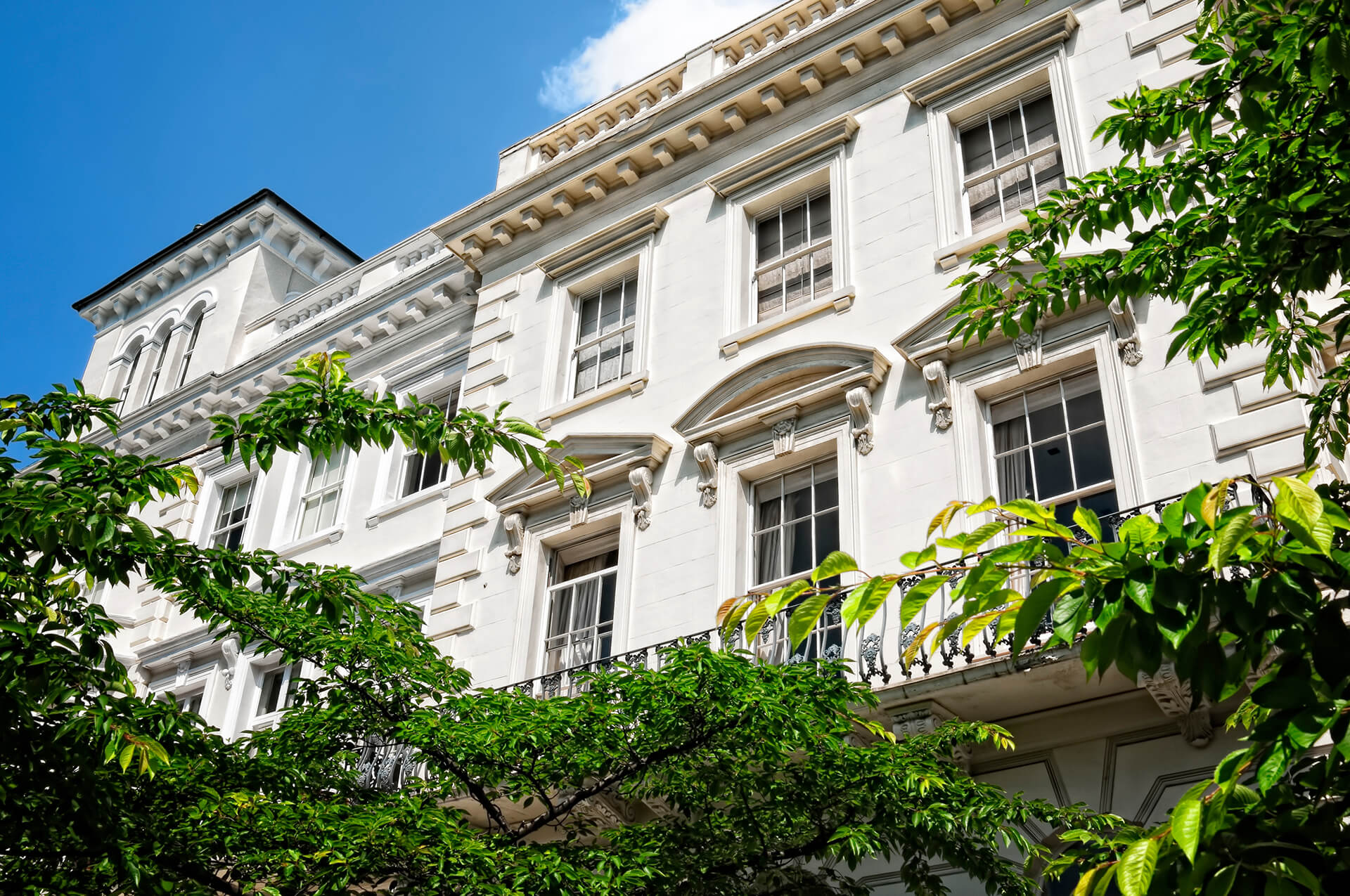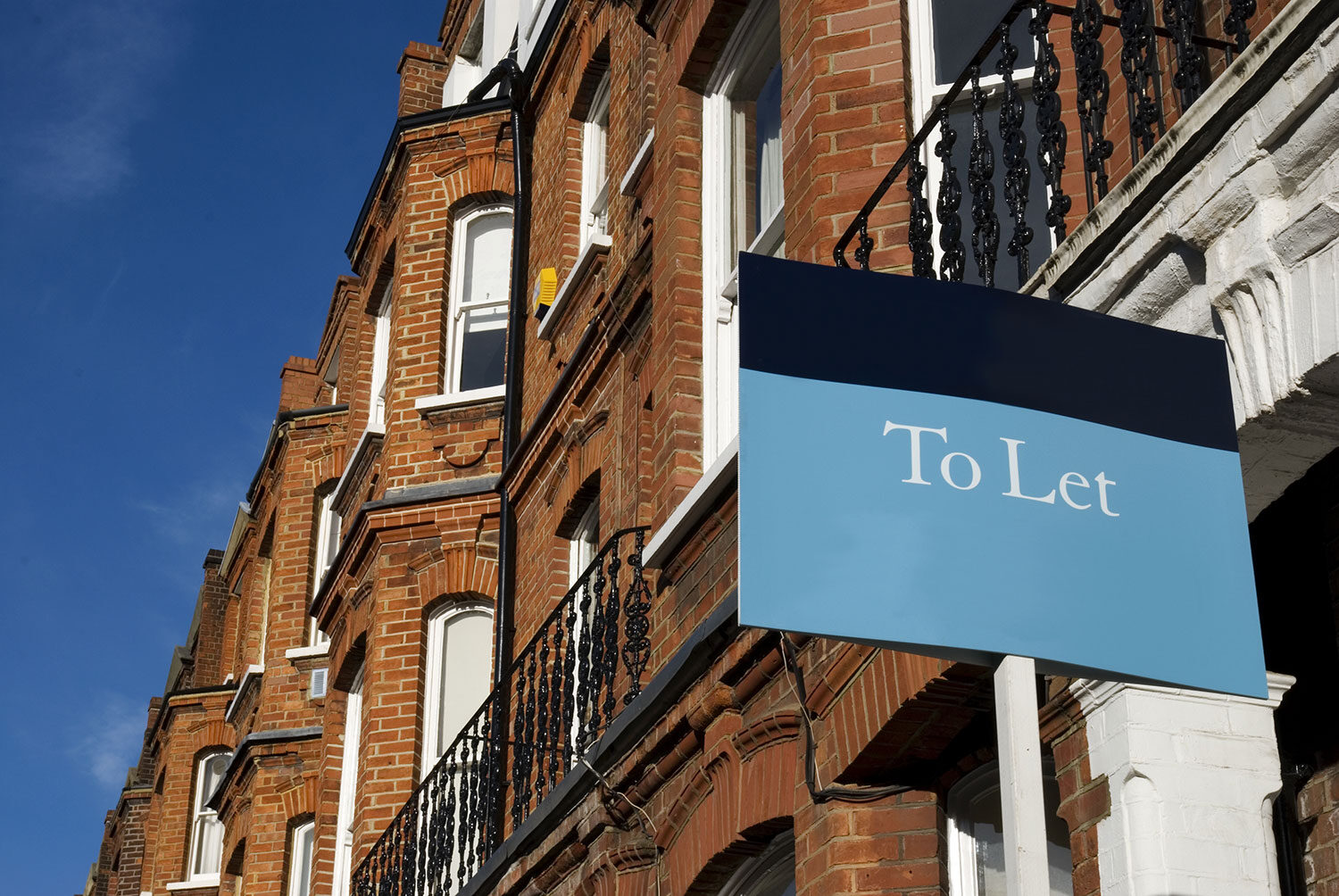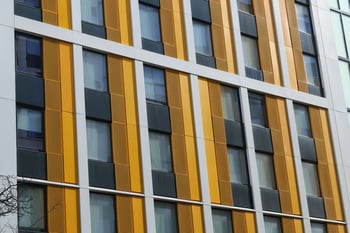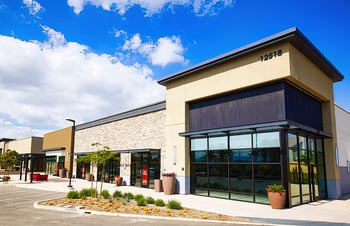 By Lucy Waters - Managing Director for Aria Finance
By Lucy Waters - Managing Director for Aria Finance
Specialist Lending Solutions - Oct 2024
Being a landlord has become progressively more difficult over the past decade, with tax hikes, soaring interest rates and stricter regulation all hitting profitability.
Unfortunately, things don’t look like they are going to get any easier.
Much as their predecessors did, it seems as though the new Labour government will pay renewed attention to landlords, if media reports are to be believed.
While nothing has been officially confirmed, reports suggest the Chancellor wants to hike Capital Gains Tax (CGT), bringing it in line with income tax.
At present, basic rate landlords pay 18% on property disposals with higher rate landlords paying 24%. If media reports are to be believed, those rates will increase by 2 percentage points and 16 percentage points, respectively.
Hiking CGT could leave the average landlord holding properties in their own name with a £15,000 tax bill, according to estate agents Benham & Reeves.
Another levy the Chancellor reportedly has in her sights as she looks to fill a reported £22bn hole in the nation’s finances is inheritance tax (IHT).
At present, IHT is paid at 40% on the value of your estate over your £325,000 allowance. It has been suggested Labour may increase the levy rate or scrap IHT relief altogether.
I understand the need to raise revenue, but either of these measures would unfairly punish the 1.2 million who own just a single property and who probably see that home as their pension.
Many of these landlords will have bought during the buy-to-let boom of the late 1990s and early 2000s and will soon be looking to cash in their properties to fund their retirement. Hitting them with an unexpected tax bill after they have invested time and money into a property for decades seems unfair.
Let’s not forget also that many of them are also facing the prospect of having to fund thousands of pounds worth of energy efficiency upgrades by 2030 as part of new legislation Labour is looking to introduce.
Landlords have been clobbered over the past decade, enduring higher stamp duty rates, the removal of interest rate relief and significantly higher debt costs. Hiking CGT and IGT – or even just one of them – may be the last straw for many of them.
While landlords may not be popular, it’s hard to argue that they haven’t paid their dues. Any further attacks on them may well deter investment and, ultimately, lead to worse conditions for the 4.6 million households who rely on the private rented sector to put a roof over their heads.
Many politicians fail to appreciate that for many people, renting is a more desirable form of tenure than owning. If politicians keep kicking the private rented sector (PRS), where will these people live?
As well as providing a home for millions of people, landlords make a huge contribution to UK plc. A recent report by Paragon, the buy-to-let lender, reveals that the PRS in England and Wales makes a gross value added (GVA) contribution of £45bn to the wider UK economy, supporting more than 390,000 jobs. For a government determined to boost economic growth, it seems counter-productive to go after a major wealth generator.
It’s time we all appreciated the contribution the PRS makes to wider society. That’s why I would urge the Chancellor to avoid introducing anything that would damage it further in the upcoming Budget.
Wishful thinking, perhaps.






